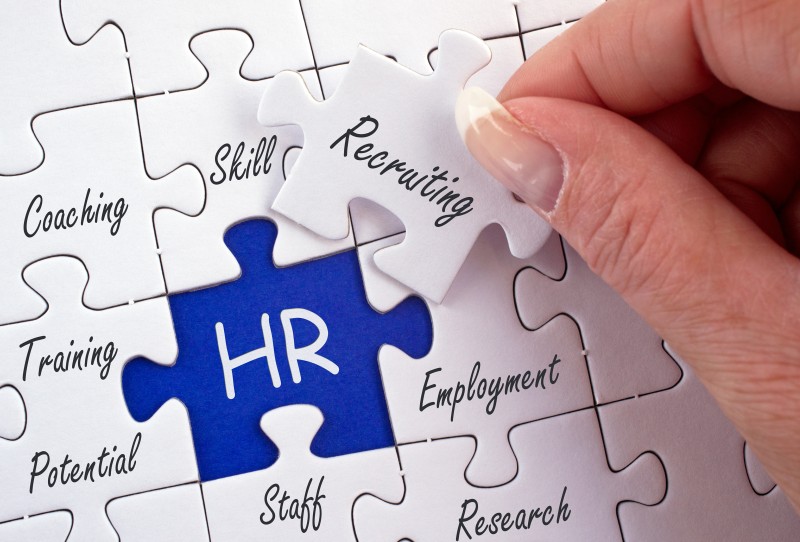
HR & Employment Law Employers Advice
HR & Employment Law for Employers
Understanding Core HR & Employment Law Principles
Looking into the core principles of HR & employment law there is a vast field that covers everything from recruitment to termination. These principles form the backbone of effective HR practices, ensuring that employers not only comply with legal standards but also promote a fair and equitable workplace.
Key Concepts of Employment Law
Employment law encompasses various statutes, regulations and case law that govern the employer-employee relationship. Key areas include:
- Contract law, focusing on the agreement between employer and employee.
- Discrimination law, preventing unfair treatment based on protected characteristics.
- Wages and working hours, ensuring fair compensation and reasonable working conditions.
- Health and safety, requiring employers to provide a safe working environment.
- Termination and redundancy, outlining lawful processes for ending employment.
Understanding these areas allows you to navigate HR & employment law effectively, ensuring both compliance and a positive organisational culture. Remember, knowledge in these areas not only prevents legal issues but also enhances your reputation as a fair and responsible employer.
In conclusion, a thorough understanding of HR & employment law underpins successful business operations. It ensures legal compliance and fosters a work environment where both employers and employees thrive.
Recruitment, Selection, and Employment Law Compliance
In my years of practice, I’ve seen the significant impact that a well-structured recruitment process can have on compliance and organisational success. Recruitment and selection present the first steps in building a compliant and effective workforce. It’s crucial to align these processes with HR & employment law to avoid potential legal pitfalls from the outset.
Equality and non-discrimination form the cornerstone of lawful recruitment practices. Employers must ensure their hiring processes are transparent, fair and free from bias. This commitment not only minimises legal risks but also broadens your talent pool by attracting a diverse range of candidates.
Contractual obligations begin the moment a job offer is extended. It’s essential to clearly outline terms of employment, roles, responsibilities and rights. A well written contract is the document that can prevent future disputes and misunderstandings.
Remember, effective recruitment and selection are not just about filling a vacancy. They are about creating a strong legal and operational foundation for your business’s future. By prioritising compliance in these early stages, you set a precedent for fairness and legal integrity throughout the employment lifecycle.
Managing Employee Relations and Legal Rights
Managing employee relations is a dynamic and complex aspect of HR that requires a deep understanding of legal rights and employer obligations. Effective communication, fair policies and consistent practices are key to this.
Understanding employee rights is paramount. This knowledge enables employers to build policies that respect individual rights while maintaining organisational objectives. Areas such as privacy, freedom of expression and the right to fair treatment are crucial.
Performance management, disciplinary actions and grievance handling must align with HR & employment law to ensure fairness and legal compliance. A transparent approach to addressing these matters not only supports a positive work environment but also reduces the risk of legal challenges.
Ultimately, managing employee relations effectively means balancing business needs with legal requirements and ethical considerations. It involves fostering a culture of respect, fairness and open communication. By doing so, employers can create a productive, positive and legally compliant workplace.
Health, Safety, and Well-being: Legal Requirements for Employers
Creating a safe and healthy work environment is not only a legal requirement but also a critical component of a successful business strategy. As an employment lawyer, I cannot stress enough the importance of adhering to health and safety regulations. These laws are designed to protect employees from harm and employers from potential legal action.
Employers bear the responsibility for ensuring their workplaces meet all health and safety standards. This includes conducting regular risk assessments, providing adequate training and implementing effective safety measures. Failure to comply can result in severe penalties and damage to your business’s reputation.
Moreover, mental health and well-being are increasingly recognized as vital aspects of workplace health and safety. Employers should foster an environment where employees feel supported and have access to resources that address mental health concerns.
Practical steps to ensure a safe and healthy workplace include:
- Conducting thorough risk assessments to identify potential hazards.
- Implementing clear health and safety policies.
- Offering training to employees on safety practices.
- Providing support for mental health and well-being.
Remember, a healthy work environment is not only about preventing accidents but also about promoting overall well-being. By taking these steps, employers can create a workplace where employees feel valued and protected.
Navigating Terminations and Redundancies Lawfully
Terminating employment is a challenging aspect of business management, fraught with legal complexities. Handling terminations and redundancies in a lawful manner is essential to minimise the risk of legal disputes. As an advocate for fair employment practices, I can guide employers through the legal process of ending employment relationships.
Lawful termination processes begin with a clear understanding of the reasons for termination and adherence to contractual and statutory requirements. Employers must ensure they have a valid reason for dismissal and follow the correct procedures. This includes providing appropriate notice, conducting fair hearings and offering severance where applicable.
Avoiding common legal mistakes during termination requires careful planning and documentation. Employers should:
- Ensure all decisions are well-documented and justified.
- Follow the procedures outlined in employment contracts and policies.
- Provide employees with the opportunity to respond to any allegations.
- Seek legal advice when navigating complex terminations.
In conclusion, handling terminations and redundancies with care and legal foresight not only protects your business from potential litigation but also maintains your reputation as a fair and responsible employer. By following these guidelines, you can handle these difficult situations with professionalism and respect.
Call John Bloor at EBS Law on 01625 87 4400 if you are an employer and need free Employment Law Advice.
